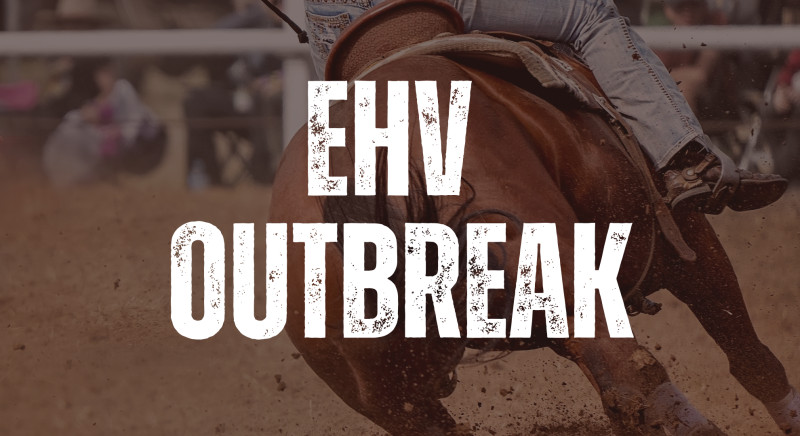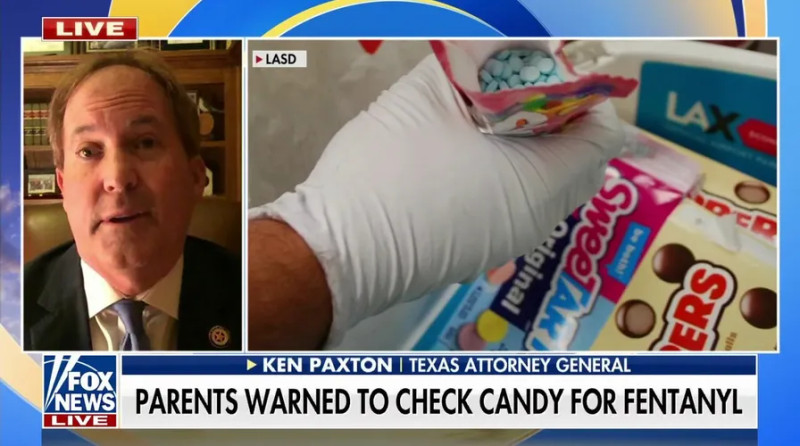The equine community in Texas is grappling with a significant outbreak of Equine Herpesvirus-1 (EHV-1), a highly contagious virus that has led to the cancellation of several major events and raised alarms across the state. The outbreak, traced back to a recent competition in Waco, has sparked widespread concern and prompted immediate action from health officials and veterinarians.
EHV-1, also known as Equine Herpesvirus Myeloencephalopathy (EHM), can cause respiratory illness and, in severe cases, neurological symptoms that can be fatal. The virus has been confirmed in multiple horses that attended early-November events, including the WPRA Finals in Waco and competitions at the 377 Arena in Stephenville.
The Texas Animal Health Commission (TAHC) has confirmed several positive cases, leading to urgent warnings from equine veterinarians and state officials. Commissioner Sid Miller and the Texas Department of Agriculture issued an alert to Texas horsemen, urging them to isolate any horse that attended the Waco event for at least 14 days and to implement strict biosecurity measures to prevent further spread.
The outbreak has not only disrupted local events but also prompted a multi-state warning, as horses from various regions attended the affected competitions. The virus's aggressive nature and high contagiousness have necessitated heightened biosecurity measures and a cautious approach to managing the crisis.
The impact of the EHV-1 outbreak extends beyond Texas, with confirmed cases in neighboring states, including Oklahoma. The virus's ability to spread rapidly and its potential for severe outcomes have made it a top priority for animal health officials nationwide. The situation has led to the closure of several facilities, including SkyWass Ranch, which has suspended operations for the remainder of 2025.
As the equine community continues to monitor and respond to the outbreak, the focus remains on containment and prevention. Veterinarians and health officials are working tirelessly to educate horse owners and event organizers about the importance of biosecurity measures, including isolation, monitoring, and strict hygiene protocols. The outbreak serves as a stark reminder of the ongoing challenges in managing highly contagious diseases and the critical role that vigilance and cooperation play in mitigating their impact.



